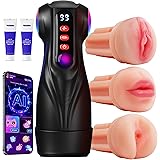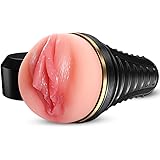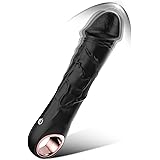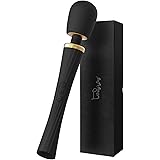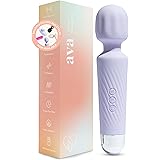Harnessing the Power of CBD for Enhanced Skin Health
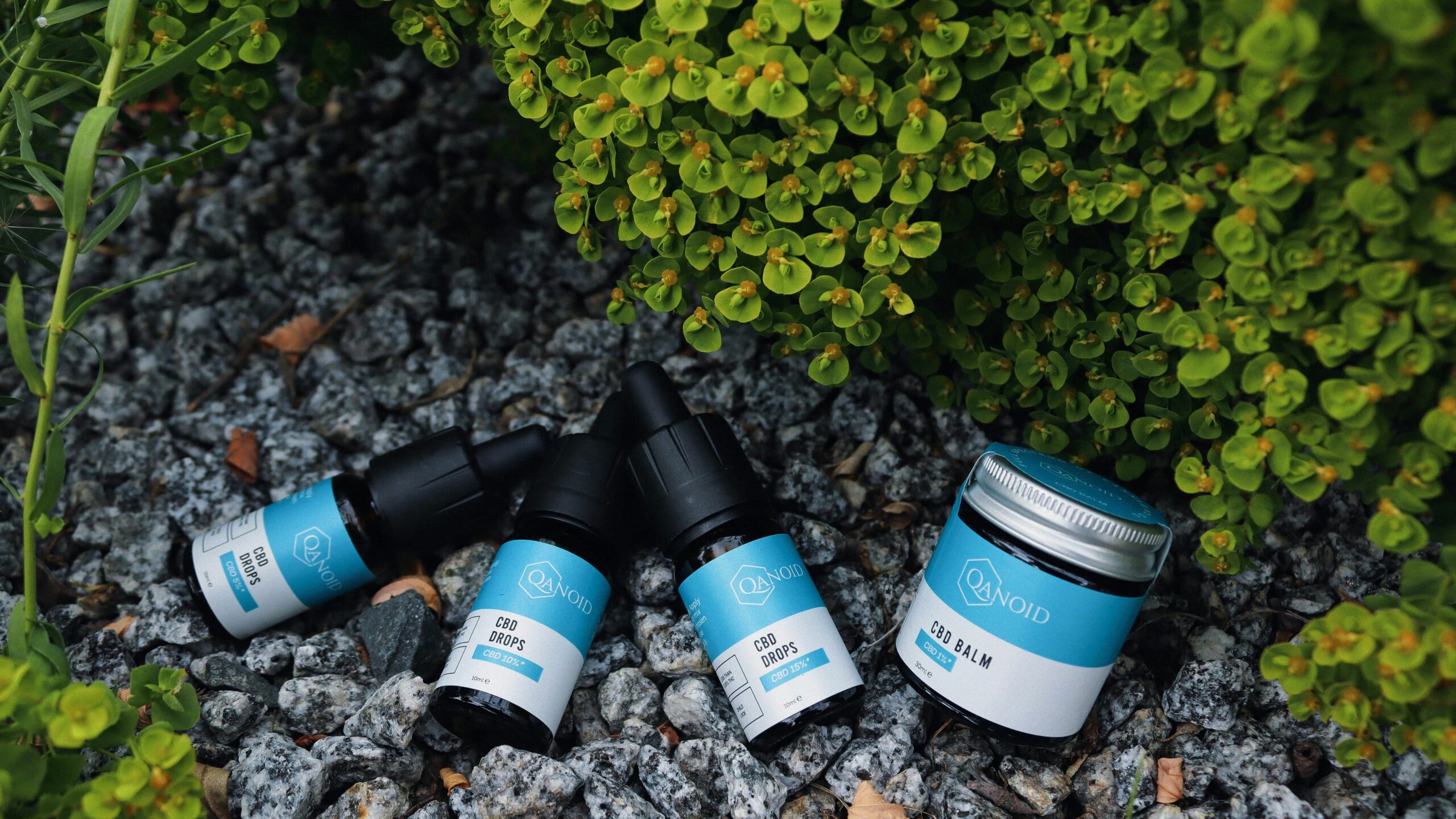
Introduction to CBD and Its Benefits
Cannabidiol, commonly known as CBD, is a naturally occurring compound found in the cannabis plant. Unlike its well-known counterpart tetrahydrocannabinol (THC), CBD is non-psychoactive, meaning it does not produce the “high” typically associated with cannabis use. This important distinction has contributed significantly to its rising popularity in the health and wellness industry. Many individuals are increasingly turning to CBD for its potential therapeutic benefits without the mind-altering effects of THC.
Cannabidiol is extracted from hemp, a variety of the cannabis plant that contains lower levels of THC. The extraction processes for CBD can vary, but they often involve techniques such as CO2 extraction or solvent extraction to ensure a pure and potent final product. As research expands, CBD continues to garner attention for its versatility and effectiveness, leading to a surge in products ranging from oils to topical creams aimed at addressing various health issues.
The growing body of evidence suggests that CBD possesses numerous benefits, particularly concerning skin health. Its anti-inflammatory, antioxidant, and antibacterial properties make it a compelling option for those seeking relief from a variety of skin conditions. Many skin care formulations now incorporate CBD as an active ingredient, aiming to soothe irritations, reduce redness, and promote overall skin wellness. Moreover, CBD’s capability to regulate oil production in the skin adds to its appeal, making it a beneficial option for individuals with acne-prone skin.
Overall, the integration of CBD into daily health regimens highlights its potential in improving skin conditions, promoting hydration, and aiding in the skin’s natural healing process. As consumers become more aware of the advantages associated with CBD, its role in skin health is likely to continue expanding, paving the way for further research and innovations in this domain.
The Science Behind CBD and Skin Health
The endocannabinoid system (ECS) is a complex network of receptors and molecules that play a crucial role in maintaining homeostasis within the body. Emerging research indicates that this system is significantly involved in skin health, particularly through its interaction with cannabinoids like CBD. The human skin contains ECS receptors, making it responsive to cannabinoids, which can influence various physiological processes, from inflammation to hydration.
One of the primary functions of CBD in skin health is its ability to support the body’s natural lipid barrier. This barrier plays an essential role in protecting the skin from environmental stressors and preventing excessive water loss. When this barrier is compromised, skin conditions such as dryness and irritation can occur. CBD has been shown to assist in maintaining and restoring this barrier, thus promoting optimal skin hydration. This quality of cannabidiol not only helps preserve moisture but can also mitigate symptoms related to skin disorders such as eczema and psoriasis.
Additionally, CBD possesses potent anti-inflammatory and antioxidant properties. These characteristics are vital for skin rejuvenation and healing. By modulating the inflammatory response, CBD can reduce redness, swelling, and irritation associated with various skin conditions. Moreover, the antioxidant effects help combat oxidative stress caused by free radicals, which can accelerate skin aging. Through its multifaceted interaction with the ECS, CBD emerges as a promising therapeutic agent for enhancing overall skin health, offering a natural alternative to conventional treatments.
Research is ongoing, and it is essential to note that the efficacy of CBD in skin health can vary depending on individual factors, such as skin type and conditions. More studies will help clarify the full potential of CBD as a skincare ingredient.
Common Skin Conditions CBD Can Help With
As the interest in cannabidiol (CBD) continues to grow, numerous studies have highlighted its potential applications in skincare, particularly for various skin conditions. Notably, CBD possesses powerful anti-inflammatory and antibacterial properties, making it a promising treatment option for issues like acne, eczema, psoriasis, and dermatitis.
Acne is one of the most prevalent skin conditions affecting individuals of all ages. CBD oil may help mitigate acne symptoms by reducing inflammation and regulating sebum production. A study published in the *Journal of Clinical Investigation* demonstrated that CBD can inhibit sebocyte proliferation and reduce oil production, thereby decreasing the likelihood of clogged pores and breakouts. This suggests that incorporating CBD into acne treatment regimens could yield positive outcomes.
Another condition where CBD shows promise is eczema, a chronic inflammatory skin disorder characterized by itchy, inflamed skin. The use of CBD can aid in managing eczema symptoms by calming inflammation and alleviating itchiness. Research has shown that CBD interacts with the body’s endocannabinoid system, which in turn can help to modulate immune responses and enhance skin barrier function, ultimately providing relief for those affected by this condition.
Psoriasis, an autoimmune condition that causes rapid skin cell growth leading to red, scaly patches, may also benefit from CBD treatment. The anti-inflammatory effects of CBD can help reduce the severity of psoriasis flare-ups. Preliminary studies indicate that CBD application can significantly improve the appearance of psoriatic skin while providing symptomatic relief.
Dermatitis, which encompasses various forms of skin inflammation, has also been examined for CBD efficacy. This compound may reduce itching and inflammation associated with dermatitis, thus improving overall skin health. For instance, anecdotal evidence and several case studies have reported positive outcomes in individuals incorporating CBD products for eczema and dermatitis management.
In summary, the potential benefits of CBD for common skin conditions are becoming increasingly recognized. Through its anti-inflammatory and antibacterial properties, CBD can effectively address various skin issues, paving the way for healthier skin.
Choosing the Right CBD Products for Your Skin
When it comes to enhancing skin health with CBD, selecting the right product can make a significant difference. Various formulations are available on the market, including oils, creams, balms, and serums, each catering to different skin needs. Understanding the distinctions between these products is essential for maximizing the benefits of CBD in your skincare routine.
CBD oils are versatile and can be used both topically and ingested, offering potential systemic benefits alongside local application. They are ideal for individuals looking for a more concentrated form of CBD that can be mixed with other skincare products. In contrast, creams and balms typically offer more targeted relief, making them preferable for localized areas of discomfort or irritation. Serums, often lightweight and quick-absorbing, can deliver a potent blend of CBD and other active ingredients directly to the skin.
Reading product labels is crucial when choosing CBD skincare products. Look for details such as the dosage of CBD, the source of the hemp, and the presence of additional ingredients. High-quality products often specify whether they contain full-spectrum, broad-spectrum, or isolate CBD, affecting their efficacy. Full-spectrum products may provide the “entourage effect,” which enhances therapeutic benefits, while isolates contain pure CBD without other cannabinoids or terpenes.
Before purchasing, it’s essential to research the brand’s reputation and seek products that have undergone rigorous third-party lab testing. This testing ensures that the products are free from contaminants and the labeled potency is accurate. Certificates of analysis (COAs) from reputable firms can provide a detailed breakdown of the cannabinoid profile, confirming the quality and safety of the product. By being informed and choosing wisely, consumers can effectively harness the power of CBD for improved skin health.
How to Incorporate CBD into Your Skincare Routine
Incorporating CBD products into your skincare regimen can be a straightforward process that enhances your skin health. Start by selecting the right CBD-infused products, such as oils, creams, balms, or serums. It’s essential to consider your specific skin type—whether it be dry, oily, sensitive, or combination—when choosing a product. For instance, those with dry skin may benefit from richer creams or balms, while individuals with oily skin might prefer lighter oils or gel formulations.
Once you have selected the appropriate CBD product, the next step is to determine the best time for application. Many users find it beneficial to apply CBD skincare products in both the morning and evening routines. In the morning, CBD can help reduce inflammation and provide a calming effect, making it an excellent pre-makeup step. In the evening, using CBD products can support the skin’s repair process overnight, allowing for optimal rejuvenation.
Application techniques can also enhance the effectiveness of CBD in your skincare routine. For creams and serums, gently massage the product onto cleansed skin, focusing on areas that may require extra attention. This technique not only helps with absorption but also promotes circulation. When using CBD oils, consider a few drops blended with other carrier oils to create a custom treatment tailored to your specific skin needs.
Pairing CBD with other beneficial skincare ingredients like hyaluronic acid or vitamin C can yield synergistic effects. Both ingredients complement CBD’s anti-inflammatory properties and can help hydrate and protect the skin. However, it is crucial to conduct a patch test when introducing new products, especially for those with sensitive skin. This allows you to monitor any potential reactions and ensure compatibility, paving the way for a holistic and effective skincare routine powered by CBD.
Safety and Side Effects of Using CBD on Skin
As the popularity of CBD products for enhancing skin health continues to rise, it is crucial to understand their safety and any potential side effects associated with topical applications. Generally, CBD is considered safe for most individuals; however, as with any skincare product, it is important to approach usage with caution, especially for those with preexisting skin conditions such as eczema or psoriasis. Before incorporating CBD oil or creams into a skincare regimen, it is advisable for individuals to perform a patch test. This process involves applying a small amount of the product on a discreet area of the skin to monitor for any adverse reactions over 24 to 48 hours. If irritation, redness, or any allergic response occurs, discontinuation of use is recommended immediately.
Consulting with a healthcare professional is also recommended for individuals with significant skin issues or those who are pregnant or breastfeeding. Although CBD is derived from hemp and has a favorable safety profile, interactions with other medications or underlying health conditions could pose risks. Moreover, misconceptions surrounding the legal status of CBD products persist, as regulations vary significantly by region. In many areas, hemp-derived CBD is legal, provided it contains less than 0.3% THC. However, consumers should be aware of local laws and purchase products from reputable sources to ensure compliance and safety.
In addition to skin reactions, some individuals might experience systemic effects when using CBD, such as drowsiness or digestive changes. These side effects are relatively rare and often mild. Nonetheless, it is vital for potential users to be aware of these possibilities and to choose quality products that disclose ingredient lists and lab testing results. Through proper usage and awareness of personal health, the benefits of CBD for skin health can be explored safely.
User Testimonials and Case Studies
In recent years, the integration of CBD into skincare routines has gained significant attention, leading to various user testimonials that highlight its potential benefits. Many individuals have reported remarkable improvements in managing skin conditions, such as acne, eczema, and psoriasis. For example, a 30-year-old woman suffering from persistent acne found relief after incorporating a CBD-infused serum into her daily regimen. Within a few weeks, she noticed a reduction in inflammation and the size of her breakouts, expressing her satisfaction with the product’s soothing properties. This experience emphasizes how CBD’s anti-inflammatory effects can contribute to improved skin clarity.
A case study featuring a 45-year-old man battling eczema sheds light on another dimension of CBD’s positive influence. After experiencing limited success with traditional treatments, he decided to try a topical CBD balm. The results were encouraging; within a month, the severity of his eczema decreased significantly. He noted that the balm not only moisturized his skin but also alleviated the relentless itching associated with his condition. This account illustrates CBD’s potential as a therapeutic alternative for those with chronic skin issues.
In addition to these individual stories, broader surveys have indicated a growing trend of consumers adopting CBD products for skincare purposes. Many users report an increased sense of skin hydration and overall skin health, often attributing their positive results to the calming properties of CBD. Though some individuals have encountered challenges, such as finding the right dosage or formulation, their overall satisfaction seems to grow with continued use. This trend signals a shifting landscape toward holistic approaches in skincare, where CBD plays a crucial role in addressing various skin concerns. The shared experiences serve to highlight not only the potential effectiveness of CBD in enhancing skin health but also the importance of personal experimentation in finding suitable products.
The Future of CBD in Skincare
The landscape of skincare is evolving rapidly, with cannabidiol (CBD) establishing itself as a pivotal ingredient in numerous formulations. As awareness of its potential benefits grows, emerging trends are indicating a transformative future for CBD in the skincare industry. Recent studies are increasingly highlighting the compound’s anti-inflammatory, antioxidant, and moisturizing properties, affirming its value in promoting skin health. Researchers are actively exploring various applications of CBD, leading to innovative formulations designed to target specific skin concerns such as acne, rosacea, and premature aging.
Scientific studies that investigate the efficacy of CBD-infused products have gained momentum, showcasing promising results. Ongoing clinical trials aim to provide a clearer understanding of how CBD interacts with the skin’s endocannabinoid system, which plays a crucial role in maintaining homeostasis. As this body of research expands, the credibility of CBD as a therapeutic ingredient in skincare will likely solidify, paving the way for its broader acceptance among dermatologists and skincare professionals.
The market for CBD skincare is poised for significant growth, spurred by increased consumer interest and evolving regulations. As governments around the world assess the legal status of CBD, clearer guidelines will likely emerge, facilitating a more structured path for manufacturers. This clarity could lead to an influx of high-quality CBD skincare products that adhere to strict safety and quality standards. Furthermore, the potential for ingredient advancements, such as enhanced bioavailability and synergistic formulations with other natural compounds, will drive innovation in the sector.
In conclusion, the future of CBD in skincare appears promising, characterized by continuous research, innovative products, and a greater understanding of its benefits. As the industry progresses, consumers can anticipate more effective and tailored skincare solutions that leverage the unique properties of CBD, ultimately elevating the standards of holistic skincare.
Conclusion: Embracing CBD for a Healthier Skin Regimen
As we have explored throughout this blog post, Cannabidiol (CBD) offers a multitude of benefits for improved skin health. With its anti-inflammatory properties, CBD can help alleviate various skin conditions, including acne and eczema, providing a soothing effect that promotes healing. Its antioxidant capabilities also play a significant role in combating the visible effects of aging by neutralizing free radicals that can lead to skin damage.
The versatility of CBD in skincare formulations—from oils to creams and serums—allows it to fit seamlessly into various beauty routines. Incorporating CBD into your regimen can enhance moisturization and promote a balanced complexion. Moreover, the increasing body of research and anecdotal evidence suggests that CBD may have a positive impact not only on skin conditions but also on overall skin vitality.
In addition, its holistic properties present an opportunity for individuals seeking natural alternatives to standard skincare products that may contain harsh chemicals. With the growing awareness and acceptance of CBD, consumers are encouraged to consider this compound as a viable option for addressing their skin care needs. However, it is vital to approach the incorporation of CBD thoughtfully, ensuring that you choose high-quality products that have been derived from reputable sources.
In essence, the potential for CBD to play a significant role in enhancing skin health is noteworthy. As ongoing research continues to unveil additional benefits and applications of this compound, individuals are encouraged to stay informed. Exploring CBD’s potential can lead to informed decisions regarding its use in personal skincare practices. By embracing CBD, consumers may pave the way toward achieving healthier, more radiant skin.





